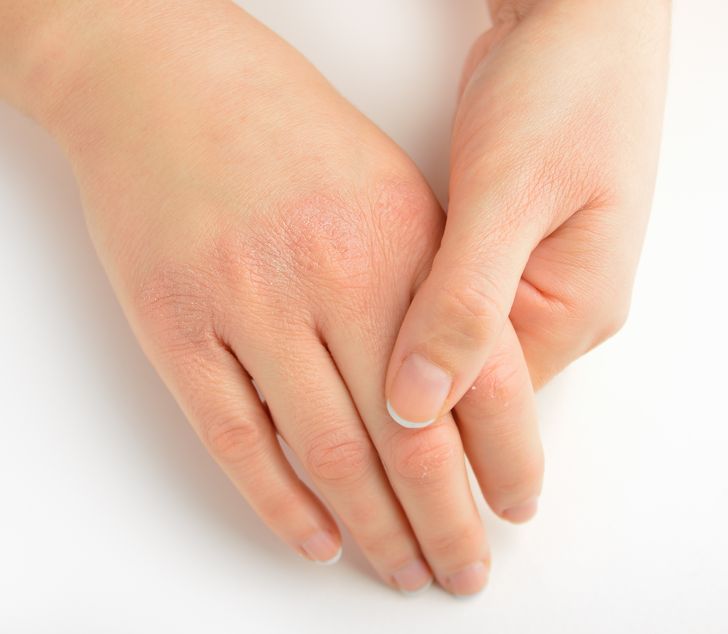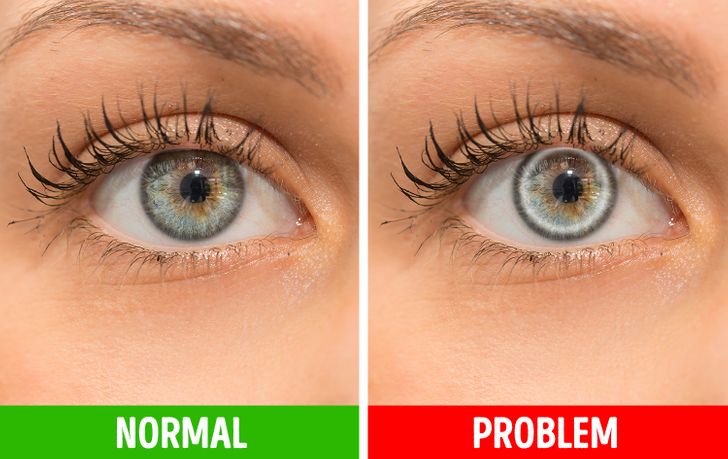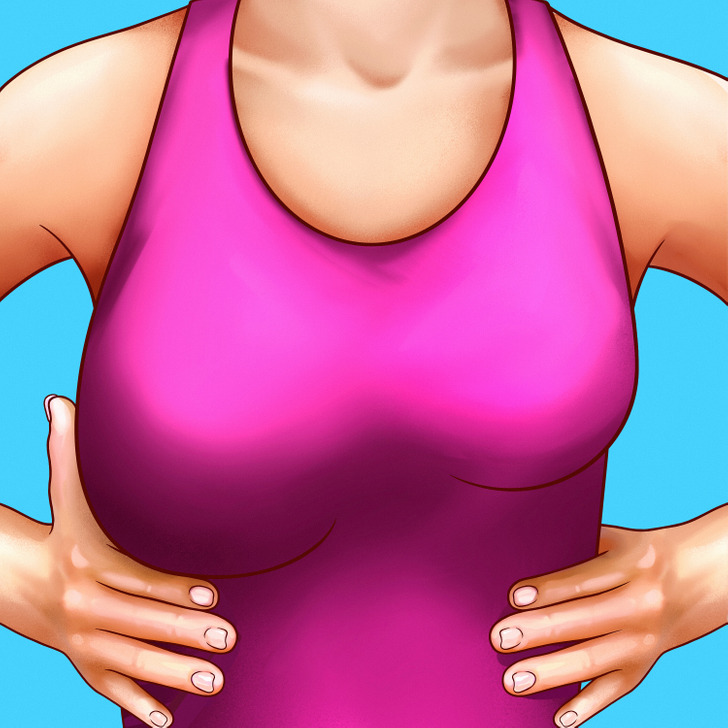Your body often gives subtle signs that something may be off before more serious symptoms emerge. While occasional discomfort is usually harmless, persistent or unusual physical changes may signal underlying health conditions. Identifying these early can help improve health outcomes.
Below are 10 signs you shouldn’t ignore, along with evidence-based explanations from medical authorities. If any of these symptoms persist, consider speaking with a qualified healthcare provider.
1. Crawling or Tingling Sensation in the Legs
Possible Condition: Restless Legs Syndrome (RLS)
A creeping or tingling feeling in your legs—particularly in the evening or when lying down—may indicate restless legs syndrome, a neurological disorder that causes an uncontrollable urge to move the legs.
According to the National Institute of Neurological Disorders and Stroke (NINDS), RLS can lead to sleep disturbances and affect quality of life. Risk factors include iron deficiency, chronic kidney disease, and certain medications.
When to seek help: If symptoms disrupt your sleep or daily life.
Source: NINDS

2. Changes in Handwriting or Loss of Smell
Possible Condition: Parkinson’s Disease
Early signs of Parkinson’s disease can include smaller handwriting (micrographia), loss of smell, and vivid dreams or disturbed sleep. Over time, symptoms such as tremors, slow movement, and muscle rigidity may develop.
The Parkinson’s Foundation notes that early recognition allows for better symptom management and care planning.
When to seek help: If multiple symptoms occur and interfere with movement, speech, or sleep.
Source: Parkinson’s Foundation

3. Thickened or Itchy Skin
Possible Condition: Dermatological or Hormonal Disorders
Skin thickening, especially when accompanied by itching or inflammation, may result from eczema, psoriasis, or hormonal changes such as thyroid imbalances or insulin resistance.
The American Academy of Dermatology recommends evaluation when skin changes are persistent or worsening, especially if they are not responding to moisturizers or basic skin care.
When to seek help: If thickened skin is painful, spreading, or affecting quality of life.
Source: AAD

4. Excessive Daytime Sleepiness
Possible Condition: Hypersomnia or Autoimmune Disorders
Feeling excessively sleepy during the day, even after a full night’s rest, may suggest hypersomnia or other underlying issues such as sleep apnea, autoimmune disorders, or chronic fatigue syndrome.
The Cleveland Clinic explains that while occasional drowsiness is normal, persistent fatigue could indicate a health concern.
When to seek help: If tiredness interferes with your daily routine or work performance.
Source: Cleveland Clinic

5. A White or Grey Ring Around the Cornea
Possible Condition: Arcus Senilis (Cholesterol Deposits)
A grey or white arc around the outer edge of the cornea—known as arcus senilis—is usually harmless in older adults. However, if it appears in individuals under 45, it may be associated with elevated cholesterol levels, according to the American Academy of Ophthalmology.
When to seek help: If you’re under 45 and notice changes in eye color or vision.
Source: AAO

6. Irritability and Aggression
Possible Condition: Depression or Mood Disorders
Not all cases of depression present with sadness or lethargy. According to Harvard Health Publishing, irritability, agitation, and outbursts of anger may be alternative symptoms—especially in younger adults or men.
Understanding these emotional symptoms can improve early intervention.
When to seek help: If mood changes affect relationships or everyday functioning.
Source: Harvard Health

7. Changes in the Breast
Possible Condition: Breast Cancer or Hormonal Changes
New lumps, firmness, dimpling, or changes in skin texture on the breasts may be signs of benign or serious conditions, including breast cancer. Early detection through self-exams and screenings is key.
The NHS recommends that individuals perform regular breast self-checks and consult a healthcare provider for any changes.
When to seek help: If you notice a lump, skin change, or nipple discharge.
Source: NHS UK

8. Craving Salty Foods
Possible Condition: Iron Deficiency, Dehydration, or Adrenal Issues
Frequent, uncontrollable cravings for salty food could point to an underlying health concern such as iron deficiency anemia, dehydration, or adrenal insufficiency, according to Medical News Today and Cleveland Clinic.
In some cases, salt cravings can be diet-related, but if persistent, a blood test can help determine the cause.
When to seek help: If the craving persists or is accompanied by fatigue, dizziness, or low blood pressure.
Source: Cleveland Clinic

9. Constant Thirst
Possible Condition: Diabetes, Dehydration, or Pregnancy
Feeling persistently thirsty, even after drinking enough fluids, may signal an issue such as diabetes mellitus, dehydration, or, in some cases, early pregnancy.
The Centers for Disease Control and Prevention (CDC) lists increased thirst and frequent urination as common early symptoms of type 2 diabetes.
When to seek help: If excessive thirst is accompanied by weight loss, fatigue, or increased urination.
Source: CDC

10. Fatigue, Forgetfulness, and Decreased Libido
Possible Condition: Hypothyroidism
Feeling chronically tired, having difficulty concentrating, and experiencing low libido may indicate an underactive thyroid (hypothyroidism). This condition occurs when the thyroid gland doesn’t produce enough hormones to regulate metabolism.
The American Thyroid Association highlights these as common symptoms, often accompanied by weight gain, feeling cold, and dry skin.
When to seek help: If multiple symptoms persist for more than two weeks.
Source: American Thyroid Association

Final Recommendations
Although the symptoms listed above may not always point to serious illness, they deserve attention—especially if they appear suddenly, worsen over time, or affect your daily activities. Always seek guidance from a licensed healthcare professional before making any assumptions based on symptoms alone.
General Health Tips
To support early detection and overall wellness, consider the following:
- Stay hydrated and eat a balanced, nutrient-rich diet
- Exercise regularly and maintain a healthy sleep routine
- Monitor new or persistent physical or emotional changes
- Avoid self-diagnosing; consult a medical provider for proper evaluation
- Schedule routine medical and dental check-ups
Trusted Sources for Health Information
- Mayo Clinic
- Cleveland Clinic
- Centers for Disease Control and Prevention (CDC)
- National Institutes of Health (NIH)
- NHS UK
- Harvard Health Publishing
- American Thyroid Association
